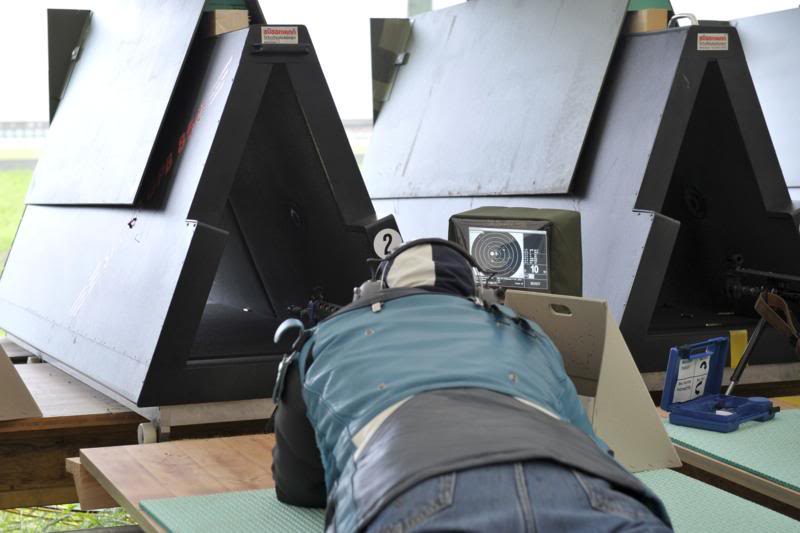When it comes to shooting ranges, noise is something that can hurt you. The overblast pressure (aka muzzle blast pressure) from small arms, especially larger calibers (>.22) can affect the whole body, not just hearing, especially in the presence of multiple shooters.
Ever come home from an indoor or outdoor shooting range and feel a little tired, a little stressed, got a headache? It wasn’t your shooting; it was that you were exposed to unsafe muzzle overblast pressures. Noise!
The effects are exacerbated for those who train or work on a shooting range. Reported conditions include; hypertension, heart disease, anxiety, headaches, judgment impairment, and sleep disturbance. Then, there is always the possibility of disability claims and lawsuits.
There are solutions to shooting range noise utilizing acoustic engineering noise controls. Done right, shooting range acoustic treatment can significantly reduce the overblast pressure on indoor and outdoor shooting ranges leading to a healthier, safer environment for all.
There are very positive byproducts to acoustically treating shooting ranges. Reduced shooting range noise; encourages more, new shooters, existing shooters stay longer and buy more ammunition; it makes recreational shooting a family-friendly sport.
Other benefits of acoustically treating indoor and outdoor shooting ranges include; keeps gunfire sound out of adjacent areas & leaving the premises, it can negates potential lawsuits, disability claims, and can eliminate neighbor’s complaints and most importantly, it keeps workers and those who train on the range productive & safe.
The sound of a gunshot isn’t really a sound but a shock wave also-known-as an air blast peak overpressure.
What Is Peak Level of Small Arms Fire?
the peak level is a loud 168.4 dB SPL. The peak level in dB SPL, of a certain firearm given: the same firearm, same ammunition, same microphone, same microphone placement, same shooter, etc., should record the same peak level.
What Is Reverberation?
Reverberation is the persistence of sound in a particular space after the original sound is produced. Ever drop you car keys outdoors; they fall without making a sound. Ever drop you keys in an underground parking garage, it is so loud you need hearing protection.
Reverberation on indoor and outdoor shooting ranges is measured by Reverberation Time (RT60). RT60 is a metric used to evaluate shooting range noise but not an absolute as diffraction and diffusion will reduce the RT60 without decreasing the pressure on the shooters. Psi and Psi(t) are a better indicator of the pressure felt by the shooters, and the improvements from acoustic treatment and engineering noise control.

